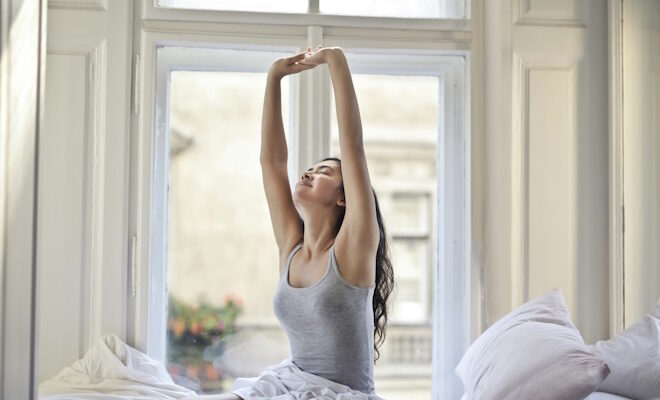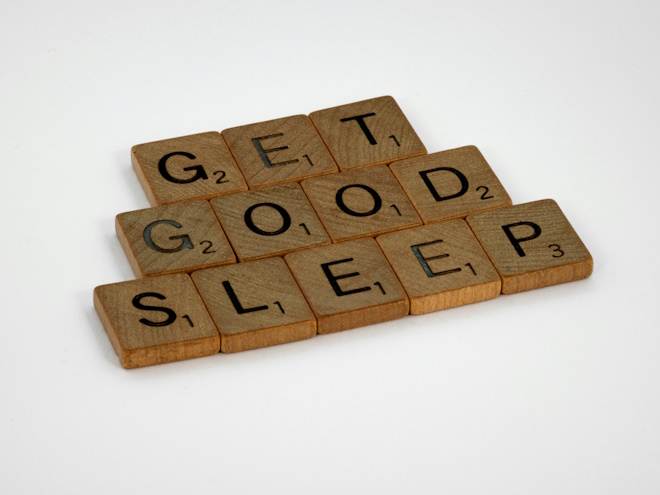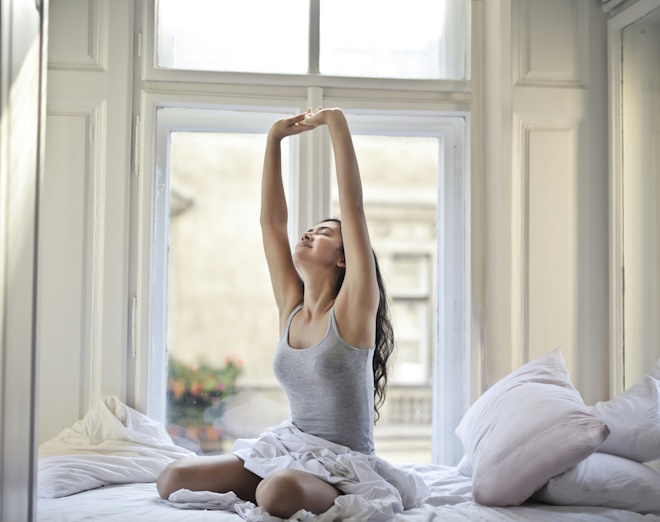
Health x Wellness
Singapore’s Silent Sleep Epidemic: A Wake-Up Call
According to the 2024 Global Sleep Survey from ResMed, Singapore is in the grip of a silent sleep epidemic, with nearly 40 percent of Singaporeans getting only one to three good nights of sleep each week.
The stress of sleeplessness
Personal stress (31 percent) and work-related stress (20 percent) are the top factors impacting sleep abilities in Singapore. Despite the prevalence of sleep issues, a staggering 74 percent of Singaporeans have not consulted any medical expert about their problems.
Instead, 71 percent say they are more likely to self-diagnose issues. Among those that were tested and diagnosed for sleep disorders, 15 percent still decided to try their own methods to combat their sleep issues.

The economic impact of poor sleep
These sleep issues go deeper than just health but have the potential to impact the economics of the nation.
9 in 10 Singaporeans surveyed said that quality of sleep impacts their work productivity and 56 percent strongly agree that good sleep impacts their ability to be productive and creative at work and be at their peak physically.
According to data from Statista, out of the world’s 15 most fatigued countries, Singapore has the highest fatigue score out of 10.
The growing awareness of sleep apnea
Awareness of sleep apnea, a chronic disease in which the muscles of the throat relax to the point of collapse, restricting airflow and causing the sufferer to stop breathing repeatedly throughout the night, has also grown.
Among survey respondents, 57 percent are aware of the condition, with people in Japan (78 percent) and Korea (75 percent) reporting the highest awareness of the condition. Notably, however, only 26 percent of those respondents have been diagnosed.

Discover your sleep superpower
Improved concentration (58 percent), increased productivity (56 percent) and enhanced mood (47 percent) were the top three benefits experienced by respondents after a good night of sleep.
People are also becoming more curious about how they sleep, with respondents tracking their sleep either through a wearable device (44 percent) or a smartphone app (42 percent).
In their effort to change up their bedtime routine based on the data provided by their sleep tracker, 31 percent of respondents avoid caffeine and alcohol before bed while 28 percent have attempted to create a more restful environment for their rest.
With over 936 million people around the world affected by sleep apnea, it is concerning to learn that of the 36,000 people we surveyed, 4 in 10 get less than three good nights of sleep a week.
Carlos, M. Nunez M.D, ResMed Chief Medical Officer
To learn more about ResMed’s 2024 Global Sleep Survey or for help identifying if you have symptoms that could indicate poor sleep health take a sleep assessment for your risk of sleep apnea, visit this link: https://www.resmed.com/sleepassessment.
Photo by Brett Jordan on Unsplash and by bruce mars on Unsplash









